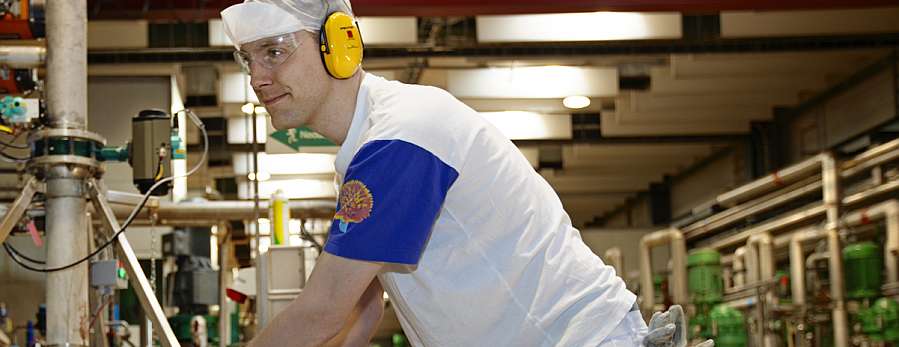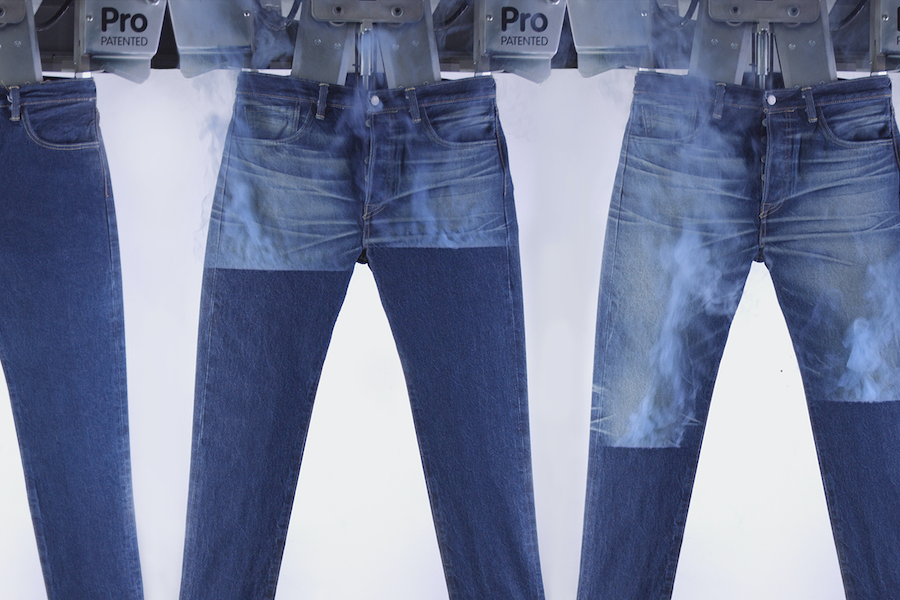#Textile chemistry
New survey reveals that consumers long for longer lasting clothes

Real examples, real difference T-shirts consisting of one treated and one untreated side where also presented to the survey participants. Each t-shirt was washed a certain number of times, and offered a true opportunity to assess whether the benefits of biopolishing are obvious to consumers. The difference was certainly discernable, with 85% of the survey participants saying that they would use biopolished clothes for longer, and 90% saying they would be willing to pay up to 10% more for such improved quality.
“The survey proves that repurchase intent increases with a factor 5, and 2/3 will recommend a brand that biopolish,” says Christian Wieth, “ That’s a huge driver for more sales within the knits category which, also demonstrated by the survey, is characterized by low consumer loyalty.”
“Saving time, water and energy through biopolishing with Novozymes’ Combi process results in reduced production costs, which adds a strong competitive edge to business while showing consideration for use of natural resources,” says Christian Wieth, “The survey also demonstrates the true difference in quality our enzymes make – a difference consumers like and are willing to pay for. And with 87% saying they dream of longer lasting clothes, we’re catering for a real market need.”










